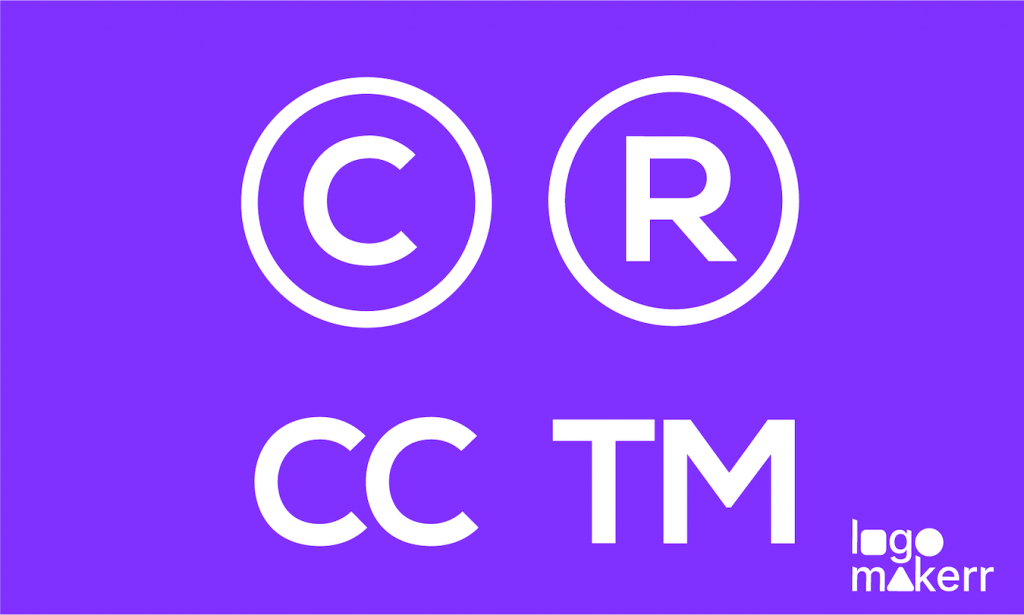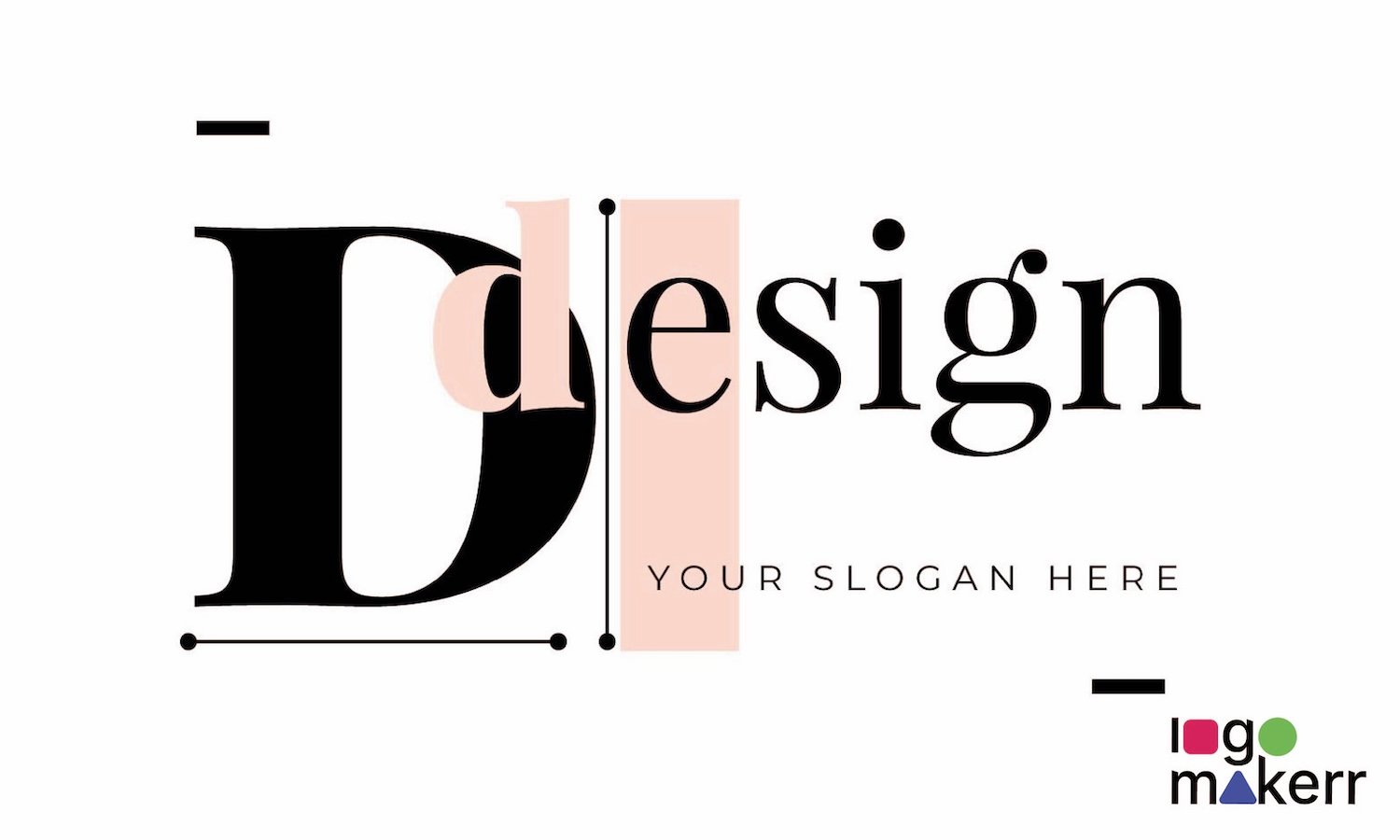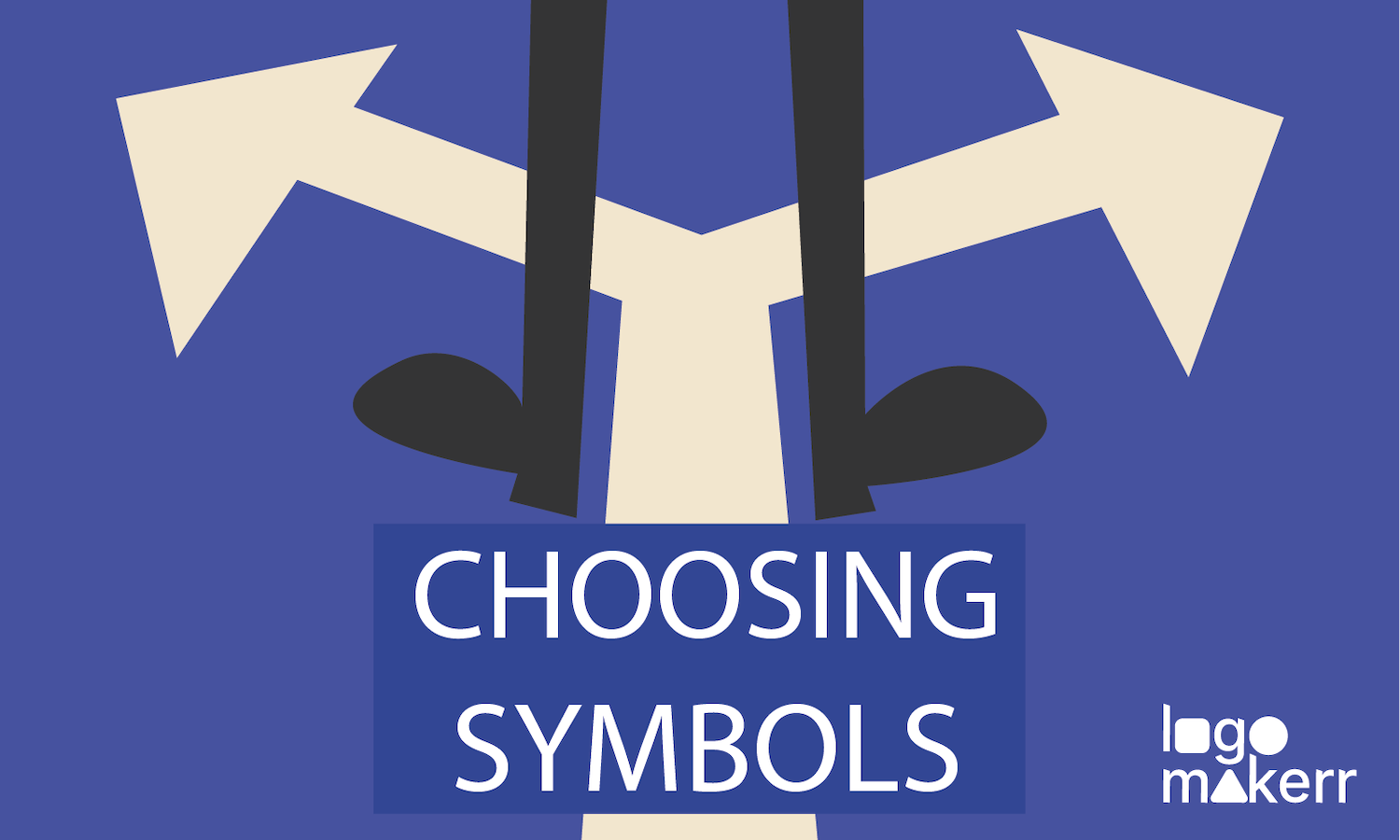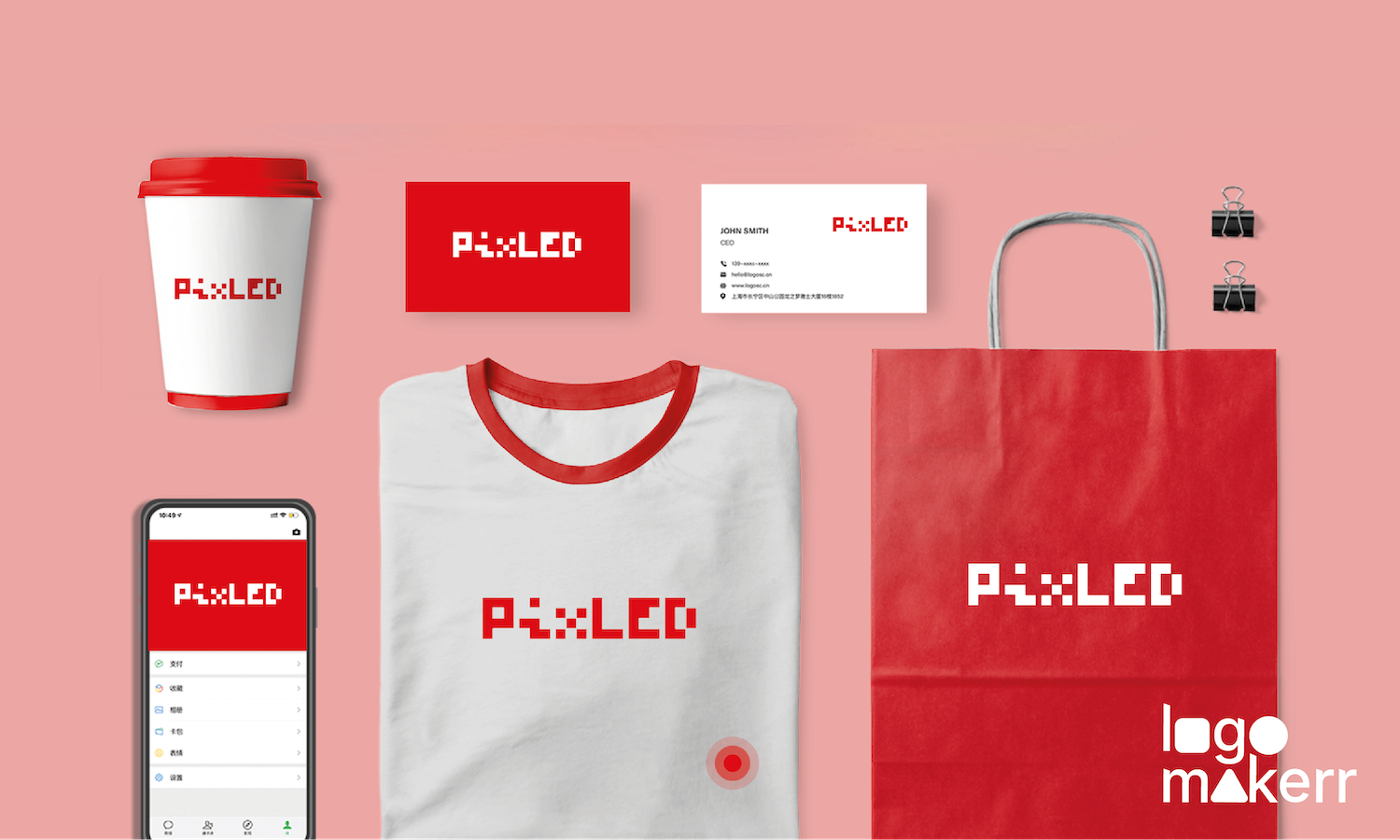We can all agree that imagination knows no bounds – especially in graphic design. However, designers should still navigate the intricacies of copyright in graphic design to ensure that they can pour their heart and soul into crafting while safeguarding their creative outputs. This is true in every part of the art industry, including logo design.
With that being said, let’s shed light on this essential aspect of copyright, ensuring that your artistic masterpieces remain protected and you can keep your imagination soaring.
What are the basics of copyright in graphic design?
Copyright in graphic design shields your creative works from being unlawfully used or copied by others. This type of law gives your designs the power to make them truly unique and exclusive to you. After all, every designer puts their heart and soul into bringing their artwork to life, so naturally, you want to ensure they’re well-protected.

Although we know that you can protect your logo or personal brand by also leaning into trademark symbols, it’s still important to do your due diligence to research and look for the best ways to guard your designs.
Here are the basics of copyright in graphic design that you need to know.
- Automatic protection – In many countries, including the United States, copyright protection is granted automatically when an original work is created and fixed in a tangible medium.
Examples are paintings, sculptures, etc. So, keep in mind that registration is not always required for these mediums, but doing so can provide additional benefits, such as the ability to sue for statutory damages.
- Originality – Copyright in graphic design protects original works of authorship. This means that the graphic design must be the result of the creator’s own creativity and not a direct copy of someone else’s work.
But how does it work with an AI logo generator?
Well, at this point in time, human input is required for an AI tool to generate logos. This contribution may be considered to determine the originality of a logo or a brand.
- Right granted – From the name itself, right granted means that copyright grants the creator or the designer an exclusive right to reproduce, display, or even distribute their artwork in a public domain.
- Fair use – Fair use is a legal doctrine that allows the use of copyrighted material under certain circumstances without the need for permission from or payment to the copyright holder. This means you need to know what can and cannot be copyrighted to always respect the boundaries of fair use.
- Licenses – Last but not least is a license. Graphic designers may choose to license their work to others, allowing specific uses of the design while retaining ownership of the copyright. This means that the designer still has the upper hand when it comes to their art, assuming that it is clearly defined in a written agreement.
Why do you think copyright is important in logo designing?
In essence, copyright serves as a protective barrier, ensuring that others cannot use, copy, or modify a logo without the creator’s permission. It’s a fundamental tool for designers, allowing them to maintain ownership of their creative output and prevent unauthorized use or replication by third parties.
Simply put, if you want to have control over reproduction, distribution, display, and the creation of your logo, it’s important that you buy it with copyright in graphic design as this function as a legal framework for your design.

After all, you worked hard for your logo to showcase your personal brand, so the last thing you need is someone trying to steal its identity before you can even launch it.
The importance of respecting copyright laws in your design work

If every designer in this world could replicate and reuse a copyrighted work without permission, it would result in a large conflict in the industry – and trust us, no one wants that. So, by honoring and respecting copyright laws, you’re not just protecting yourself but also celebrating other’s brilliance and creativity – all the while spreading positivity!
Respecting laws of copyright in graphic design means acknowledging and appreciating the efforts, ideas, and hard work that went into the original creation.
Additionally, doing so opens up a world of possibilities for collaboration. This will do a lot of good in the design industry as individuals share ideas and inspire each other to reach new heights.
In a nutshell, the importance of respecting copyright in graphic design means that you want a supportive and nurturing environment. An environment where artists like you can thrive without fear of their work being misused or stolen.
Exploring the different types of intellectual property protection

Intellectual property protection safeguards your art, so technically, it safeguards your personal brand or business identity. This type of protection comes in different forms, each suited to a specific type of creative work or invention.
Patents
To protect inventions and innovations.
- Coverage: Grants the inventor exclusive rights to make, use, and sell the patented invention for a limited period (usually 20 years).
- Requirements: The invention must be novel, non-obvious, and useful.

Trademarks
To protect symbols, names, and slogans (like logos for your brand) used to identify and distinguish goods or services in the marketplace.
- Coverage: Provides exclusive rights to use the mark in connection with specific goods or services.
- Requirements: The mark must be distinctive and used in commerce. Registration with the relevant IP office enhances protection.
Copyrights
To protect original works of authorship, such as literary, artistic, and musical creations.
- Coverage: Protects the expression of ideas, not the ideas themselves. Covers the right to reproduce, distribute, perform, and display the work.
- Requirements: The work must be original and fixed in a tangible medium of expression.
There are other intellectual property protections you can use based on your intended purposes. However, these three are the most common ones for many graphic designers and art curators.
Final Thoughts

Indeed, protecting your art means protecting your brand. So, as a business owner, freelancer, or for personal use, we encourage you to use copyright in graphic design to your advantage. Doing so can serve your good in the future, primarily if the growth of your brand is at stake.
With Logomakerr.ai, you can trust that your logo will be completely unique and tailored to your specific business needs. The advanced AI technology employed by Logomakerr.ai ensures that every logo created is one-of-a-kind, avoiding any similarities or resemblances to existing logos in the market!
Create a logo today with Logomakerr.ai and see it for yourself!




